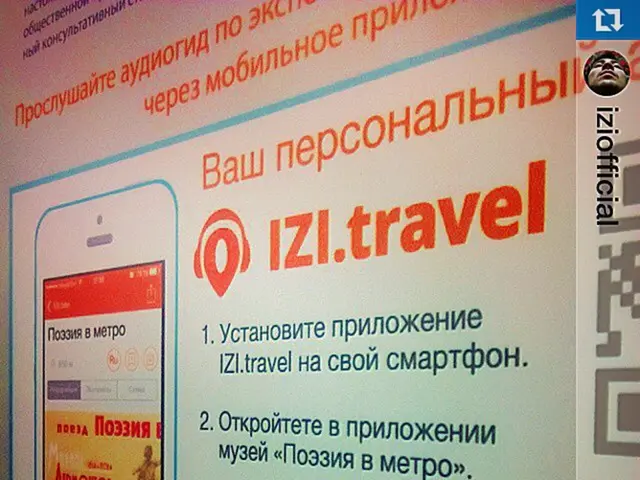Summer of Trump's European Illusion
==========================================================================================
In the evolving global landscape, Europe finds itself at a critical juncture, with its future role in world affairs hanging in the balance. A series of events and developments have highlighted the need for Europe to assert itself more forcefully, both economically and militarily, to maintain its influence and relevance.
One of the key issues at hand is Europe's security, particularly in Ukraine. While many EU leaders have continued to supply Ukraine with weapons and intelligence, direct military engagement has been avoided. However, Hungarian Prime Minister Viktor Orbán, who openly opposes deeper military involvement, has set a firm stand, with over 95% of Hungarians rejecting Ukraine's EU accession in a referendum. Meanwhile, Russian President Vladimir Putin has refused to negotiate with European leaders, using the lack of troop deployment before a ceasefire as motivation to scupper any potential deal.
The Atlantic alliance, traditionally a cornerstone of European security, is experiencing growing disjointedness. This is further compounded by the shifting goals for the trade deal with the U.S., with President Trump already showing signs of altering the agreement's terms.
Europe's investment in securing its own safety in Ukraine has been insufficient, with the focus often shifting towards Trump. This perceived lack of commitment has not gone unnoticed, with China, India, and other nations showing less deference to European leaders than they have to Trump.
At the EU-China Summit in July, China did the minimum required, further straining relations. Brussels avoided using its leverage on the U.S. economy to avoid a trade war, but may now find itself embroiled in one instead.
European leaders have been perceived as weak and not first-tier players in international relations. To change this narrative, the EU must be prepared to play hardball in future trade negotiations with the U.S., asserting its economic and military leverage more effectively.
The Israeli government has largely ignored European leaders' concerns, adding to the growing sense of European impotence on the global stage. French President Emmanuel Macron and British Prime Minister Keir Starmer's initiative to prepare security guarantees for Ukraine has fallen short, further underscoring the need for a more assertive European stance.
In the new world order, a geopolitical power must align economic and military power dynamics. Europe must credibly signal to Putin, Trump, Xi, Iran's supreme leader, and others that they have the risk appetite to go up against them when their core interests are in play.
However, the current summer has seen European leaders making self-delusional statements about U.S. President Donald Trump not harming their security and economic interests. The suspension of U.S. intelligence sharing and the lack of decisive action after the Oval Office incident have shown that Europe may have shortchanged its position with the U.S., China, and India, potentially weakening its role as a protector of WTO principles.
As Europe navigates these complex challenges, it is clear that bold action and strategic decision-making will be required to secure its place in the emerging global dynamics. The stakes are high, and the time for action is now.
Read also:
- ICE directed to enhance detention conditions following NYC immigrants' allegations of maltreatment
- Israeli finance minister issues warnings about potential annexation of West Bank territories
- United States faces rebuttal from South Africa over allegedly deceitful human rights report and assertions of land expropriation
- Accident at Rodalben Results in Injuries; Geoskop Area near Kusel Affected After Stormy Weather






